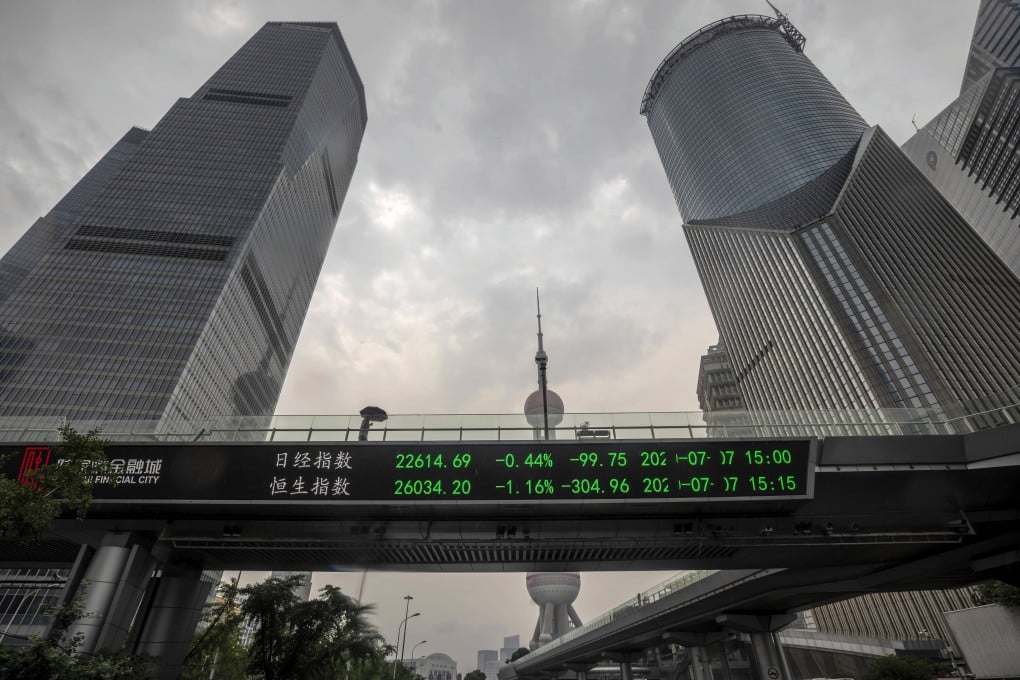US-China decoupling prompts Beijing to relax rules for foreign investors in onshore bond market
- China is drafting new rules to allow foreign institutional investors to directly buy exchange-traded bond products
- Beijing has stepped up efforts to woo overseas investment in Chinese securities as financial decoupling with the US looms

China is tweaking its foreign exchange rules to make it easier for overseas institutional investors to buy onshore bonds, as Beijing steps up efforts to offset financial decoupling from the United States.
The People’s Bank of China and the State Administration of Foreign Exchange on Wednesday issued a new draft regulation pledging to cut red tape and unify rules that covered different channels, such as the Bond Connect programme between the mainland and Hong Kong and the China Interbank Bond Market.
Foreign institutional investors will be allowed to directly invest in exchange-traded bond products, according to the draft that has been released for public feedback. They will also be able to access onshore hedging tools such as forwards and interest rate swaps.
“This is set to enhance institutional arrangements for bond market opening up and facilitate the investment in yuan bond assets,” China’s central bank said. “It will encourage inflows of medium- and long-term overseas capital.”

06:04
US-China relations: Joe Biden would approach China with more ‘regularity and normality’
Beijing has been intensifying efforts to woo overseas investment in Chinese securities – including from Wall Street – as Washington tries to sever financial links between the two countries.